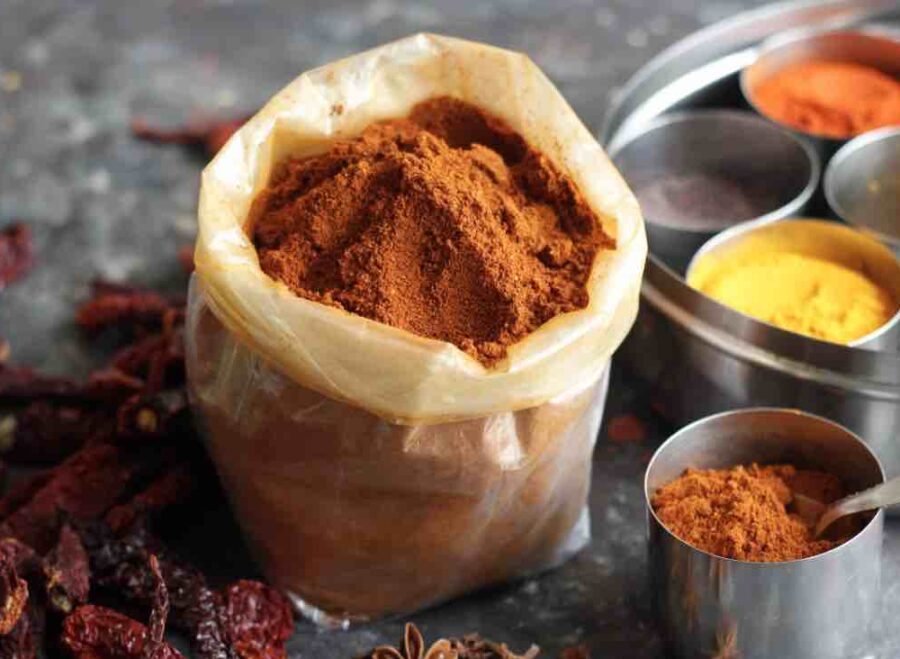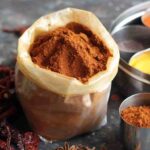In the quest for natural remedies to enhance health and well-being, turmeric has emerged as a shining star in the world of herbal supplements. This golden spice, celebrated for its vibrant color and earthy flavor, is not only a staple in culinary traditions but also a powerful healer with a history dating back thousands of years. In this comprehensive article, we will delve into what turmeric is, explore its intriguing historical journey, uncover its numerous health benefits, and understand why an increasing number of individuals are turning to this remarkable spice. Join us on a journey to discover the extraordinary benefits of turmeric.
Understanding Turmeric: Nature’s Golden Gift
Turmeric (Curcuma longa) is a bright yellow spice derived from the root of the Curcuma plant, native to Southeast Asia. It belongs to the ginger family and is known for its distinctive color, flavor, and a rich history deeply intertwined with cultural and medicinal practices.
The key active compound in turmeric responsible for its therapeutic properties is curcumin. Curcumin is a potent antioxidant and anti-inflammatory agent that has captured the attention of both traditional herbalists and modern scientists for its potential health benefits.
A Glimpse into Turmeric’s History
Turmeric has a long and storied history that spans thousands of years. Its origins can be traced back to ancient India, where it was used not only as a spice but also as a revered medicinal herb. Turmeric’s vibrant hue made it a symbol of purity, prosperity, and religious significance in Hindu rituals.
Over time, turmeric found its way into various culinary traditions, particularly in Indian, Thai, and Middle Eastern cuisines. It became a staple ingredient in curry blends and was cherished for its unique flavor profile.
In the realm of traditional medicine, turmeric found a prominent place in Ayurveda and traditional Chinese medicine, where it was utilized for its anti-inflammatory, digestive, and healing properties.
The Multifaceted Benefits of Turmeric
1. Potent Anti-Inflammatory Properties
Curcumin, the active compound in turmeric, is a natural anti-inflammatory agent. It has been shown to reduce inflammation in the body, which is at the root of many chronic diseases, including arthritis, heart disease, and cancer.
2. Powerful Antioxidant Activity
Turmeric is a rich source of antioxidants, which help protect the body from harmful free radicals. Antioxidants are essential for maintaining cellular health and preventing oxidative stress-related damage.
3. Joint Health and Pain Relief
Many individuals turn to turmeric as a natural remedy for joint pain and arthritis. Its anti-inflammatory properties can provide relief from the pain and discomfort associated with these conditions.
4. Digestive Health
Turmeric has a long history of use for promoting healthy digestion. It can help alleviate symptoms of indigestion, bloating, and gas by stimulating bile production and enhancing the body’s ability to digest fats.
5. Enhanced Brain Function
Emerging research suggests that curcumin may have cognitive benefits, potentially improving memory and reducing the risk of neurodegenerative diseases like Alzheimer’s.
6. Heart Health Support
Turmeric may play a role in maintaining cardiovascular health by improving blood vessel function, reducing cholesterol levels, and regulating blood pressure.
7. Skin Health and Radiance
The antioxidant and anti-inflammatory properties of turmeric can contribute to healthy, radiant skin. Some people use turmeric topically to address skin conditions like acne and psoriasis.
The Future of Turmeric: A Natural Path to Wellness
As our understanding of turmeric’s benefits continues to evolve, it’s clear that this golden spice is poised to play a significant role in the future of holistic health and wellness.
1. Growing Interest in Natural Remedies
In an era where individuals are increasingly seeking natural and holistic solutions to their health concerns, turmeric stands out as a potent remedy with centuries of proven efficacy.
2. Scientific Validation
Ongoing scientific research is shedding light on the myriad health benefits of turmeric. As more studies confirm its positive effects, it is likely to gain further recognition and credibility in the medical community.
3. Integrative Medicine Approaches
Turmeric’s versatility makes it a valuable component of integrative medicine, where traditional and complementary therapies are used alongside conventional treatments to promote overall well-being.
4. Dietary Supplementation
The convenience of turmeric supplements and the availability of curcumin extracts make it easier than ever for people to incorporate turmeric into their daily routines.
5. Culinary Innovation
Turmeric’s rich flavor and color make it a versatile ingredient in the culinary world. It is finding its way into an increasing number of recipes and food products, making it more accessible to a broader audience.
In Conclusion
Turmeric, with its ancient roots and modern scientific validation, stands as a shining example of nature’s healing potential. Its multifaceted benefits, from reducing inflammation to supporting brain health and heart function, make it a valuable addition to a holistic approach to wellness.
As we move forward into an era where individuals prioritize natural, preventative health measures, turmeric is poised to shine even brighter. With its rich history, robust scientific backing, and versatile applications, this golden treasure is destined to continue its journey as a powerful ally in the pursuit of optimal health and well-being. Embrace the benefits of turmeric, and experience for yourself the transformative potential of this remarkable spice.




